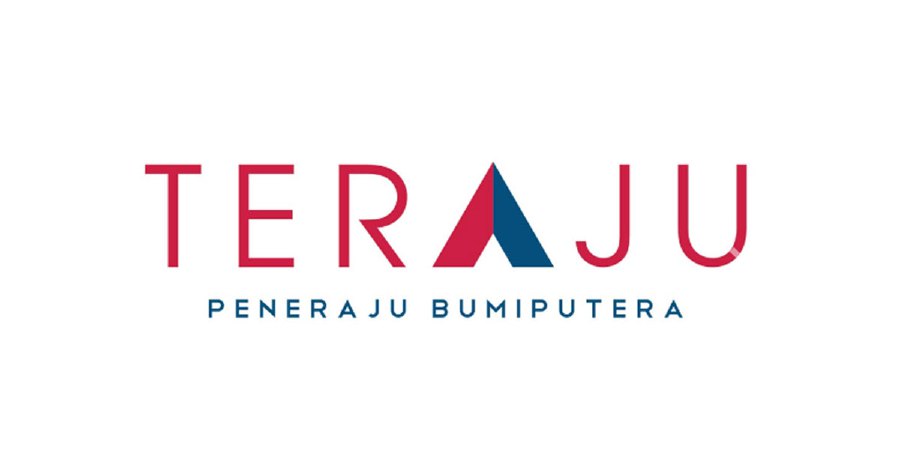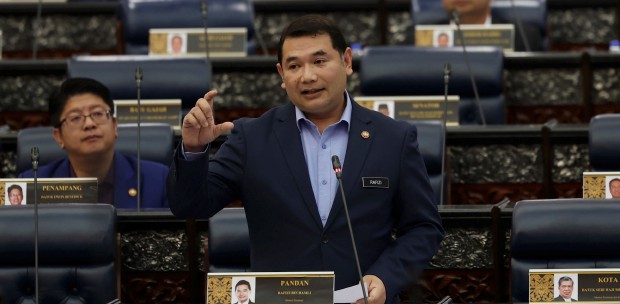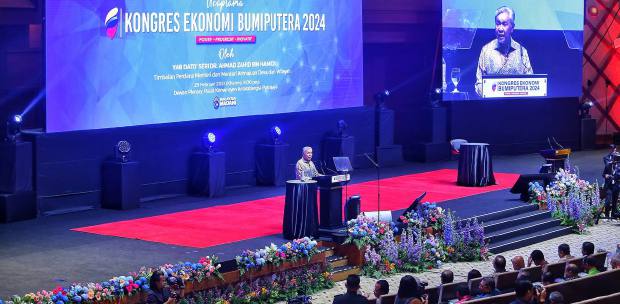KUALA LUMPUR: A proposal for collaboration has been mooted for Bumiputera logistics players to ensure Bumiputera companies involved in the sector remained competitive in the domestic and international markets.
This was one of the suggestions proposed by the Bumiputera Agenda Steering Unit (Teraju) to improve the performance of Bumiputera in the logistics sector in a report on the Bumiputera Value Chain Performance Study in the Logistics Sector.
According to the report, released by Teraju, the collaboration, which can be referred to as the Bumiputera Logistics Collaboration (KLB), can be in the form of a joint venture or cooperative, taking into account the long-term impact during the implementation phase of the strategy.
"The collaboration needs to be designed with the goal of forming Bumiputera companies of the fourth party logistics standard or 4PL.
"It aims to strengthen the network and service integration between Bumiputera logistics operators; increase the competitiveness of Bumiputera logistics service providers at a speedy rate; empower existing assets and resources to compete in a dense market; and open up more business opportunities for Bumiputera logistics operators, especially in new markets which has a high margin," read the report.
The report stated that the collaboration (in the form of a cooperative) can be opened to all Bumiputera logistics companies in the country and abroad with a stipulated membership fee and members will receive annual dividends based on the performance of investment and collaborative business.
To ensure that the main objective is achieved, KLB through its commercial entity needs to act as a corporate entity where decisions and investments are made for the benefit and business progress of its members, said the report.
However, it said, the main goal of KLB to form a Bumiputera company with 4PL status is not easy to achieve.
"The 4PL companies need to be sophisticated and complete from all aspects of service, especially in value chain management. Therefore, Bumiputera companies, must firstly be equipped with all the necessary requirements," it said.
It also said implementation of the strategy is divided into short-term, medium-term and long-term to provide opportunities for collaboration and for its members to overcome challenges and weaknesses gradually and progress sustainably.
Besides the collaboration strategy in the form of a cooperative, Teraju also proposed two other strategies, namely the exploration of new markets and high-margin businesses by Bumiputera companies, in addition to increasing opportunities for Bumiputera companies to build competitiveness and resilience.
The report said, if all the proposed strategies can be implemented, Bumiputera participation in the logistics sector will increase from 14 per cent to 25 per cent in 2030 based on the estimated EBITDA (Earnings Before Interest, Tax, Depreciation, and Amortisation) that will be generated by KLB compared to the projection of existing businesses in Malaysia's logistics sector.
"An initial investment amounting to RM227 million for upgrading infrastructure, standards, digitalisation and operations is required from the private sector involved.
"With increased involvement in high-margin services and new fields, the total value of GOS (Gross Operating Surplus contribution) of Bumiputera companies in the sector is expected to reach up to RM9.2 billion in 2030.
"This estimate is in addition to the GOS target of the Bumiputera Development Action Plan 2030 (TPB2030) of RM23.5 billion by 2030," said Teraju in the report.
In the same report, Teraju listed seven challenges faced by Bumiputera logistics companies, namely limited business opportunities; less investment and less skilled human capital.
Bumiputera companies also face the challenge of limited ability to meet high and diverse demand; lack of competitiveness in a crowded market; industry fragmentation and lack of integration and the impact of the Covid-19 pandemic.– Bernama





